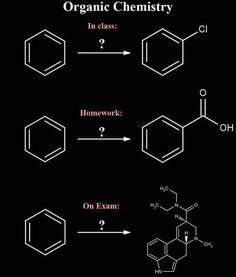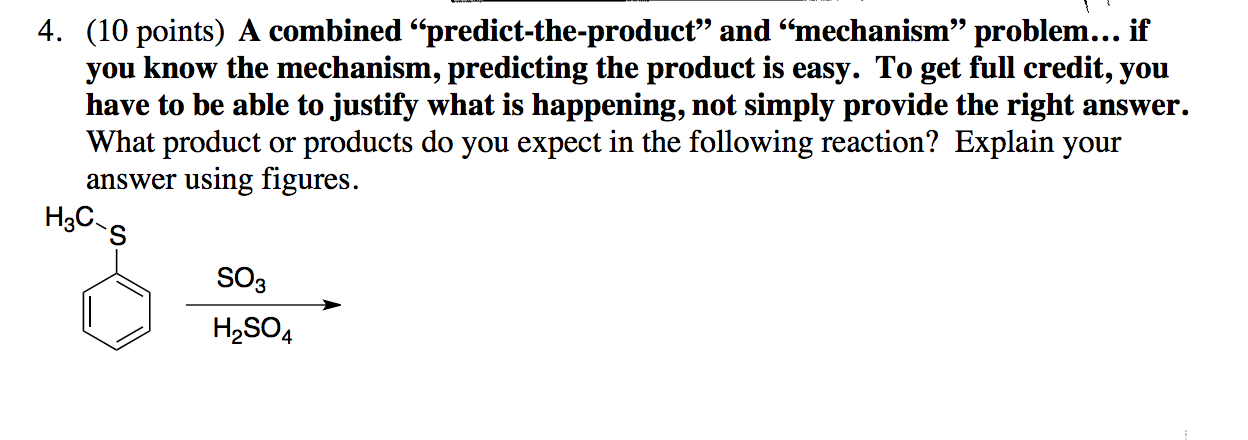- Joined
- Sep 16, 2013
- Messages
- 4,541
- Reaction score
- 5,933
Interesting NYT Op-Ed:
http://mobile.nytimes.com/2016/09/1...-should-stop-grading-students-on-a-curve.html
Essentially, the author argues that the elimination of bell curve grading would lead to more collaborative and productive academic environments and I tend to agree.
Any thoughts?
@efle @Lucca
Edit: see updated thread title.
http://mobile.nytimes.com/2016/09/1...-should-stop-grading-students-on-a-curve.html
Essentially, the author argues that the elimination of bell curve grading would lead to more collaborative and productive academic environments and I tend to agree.
Any thoughts?
@efle @Lucca
Edit: see updated thread title.
Last edited:




